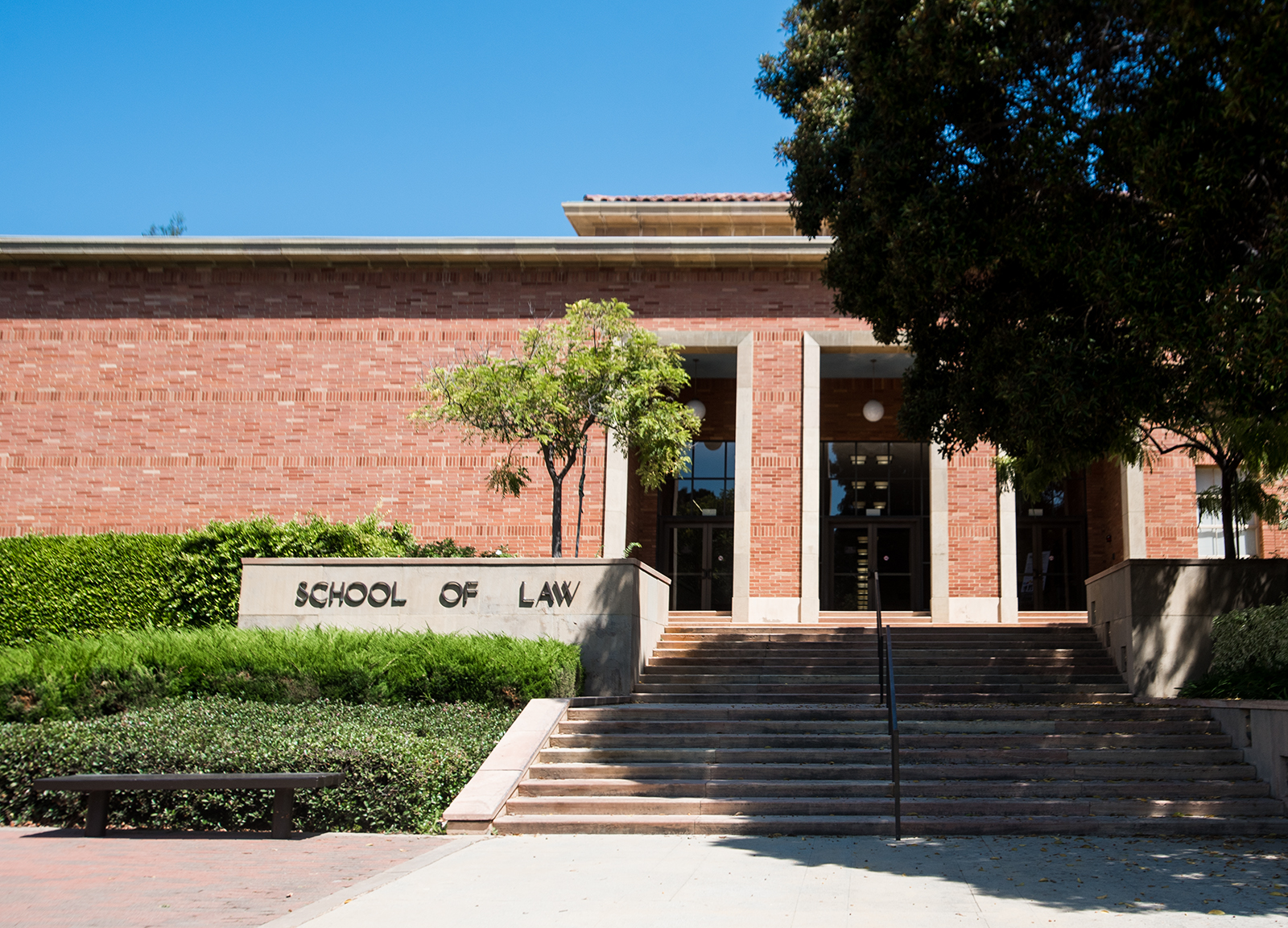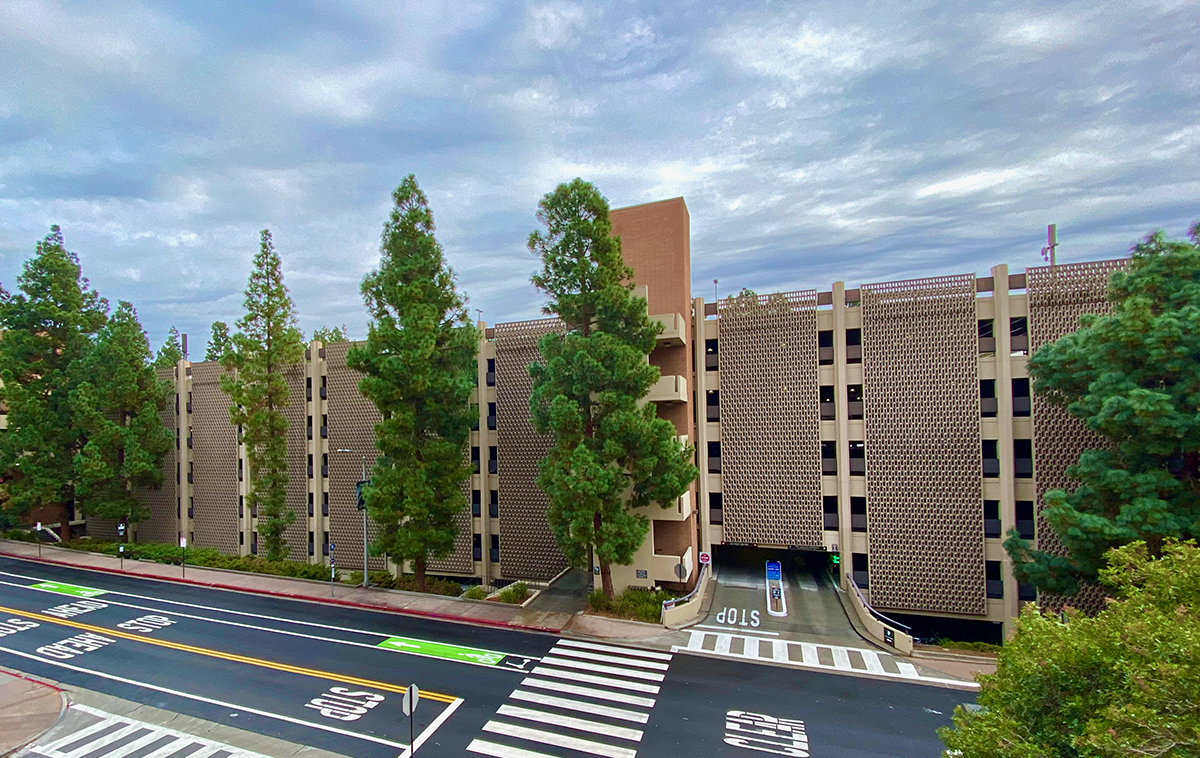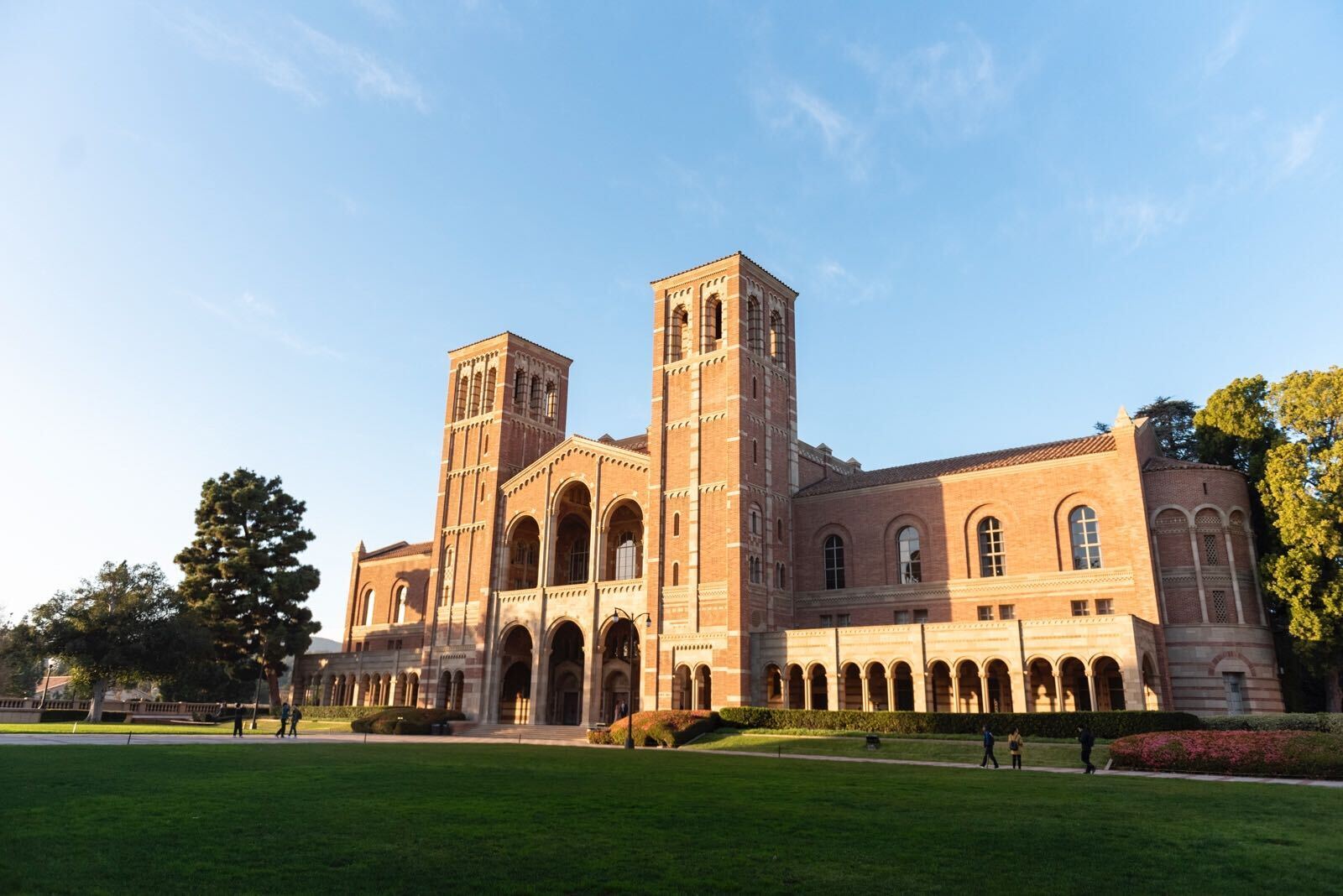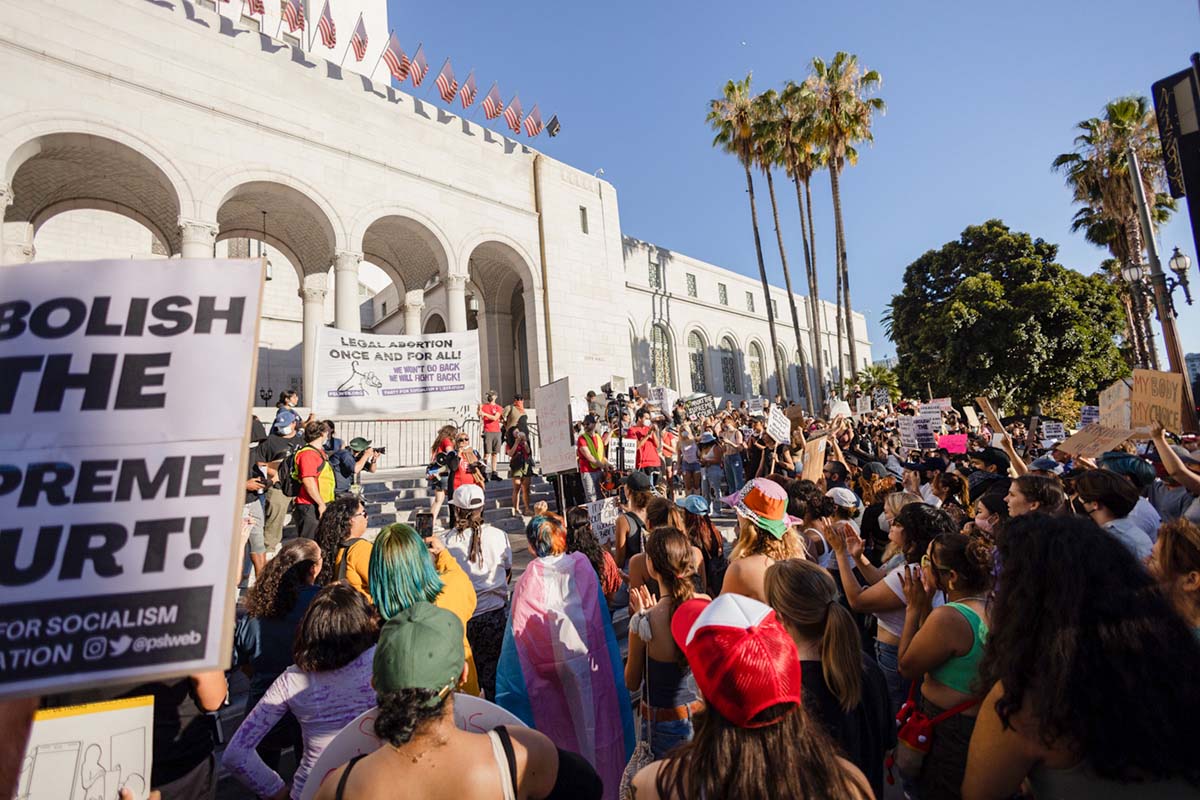Supreme Court rejects ‘independent state legislature’ theory

The UCLA School of Law is pictured. The Supreme Court voted 6-3 to deny states ultimate control of federal election rules. (Joseph Jimenez/Photo Editor)
By Christopher Buchanan
July 4, 2023 11:01 p.m.
The United States Supreme Court rejected a legal theory June 27 that would have granted individual state legislatures increased influence in federal elections.
In a 6-3 decision, the Supreme Court rejected the “independent state legislature” theory – an interpretation of the Elections Clause in the U.S. Constitution that would have given state legislatures nearly total control over election rules within their state, including greater agency over congressional districting maps, voting regulations and election law rulings in state courts. Justice Clarence Thomas, Justice Neil Gorsuch and Justice Samuel Alito dissented.
The case was brought to the Supreme Court following a dispute between North Carolina state courts and the state Legislature over North Carolina’s congressional districting map, which had created a Republican congressional majority in the swing state, according to the court’s decision. North Carolina lawmakers wishing to keep the districts pursued an emergency Supreme Court hearing in the Moore v. Harper case last year.
The court ruled that the North Carolina Legislature did not have the authority to set rules which were restricted by state law.
Adam Winkler, a professor of law at UCLA, said he believes if the opposite ruling had been reached, it could have had significant consequences in the upcoming election.
“The court was confronted with a dangerous and extreme theory that would essentially give state legislatures free rein to manipulate elections, even if those efforts violated the state constitution,” he said.
Joseph Fishkin, a UCLA professor of law, said he felt the court’s rejection will preserve the balance of election power between state courts, legislatures and state governments.
“Republican (lawmakers) won’t have the sort of extra special authority that this theory wanted to give them to control elections,” Fishkin said. “Instead, power will be shared between the branches and state government, more or less how it is in any normal lawmaking.”
There have been several historical and modern cases involving the balance of power between federal and state courts, Rick Hasen, a UCLA professor of law said. Such cases include the Bush v. Gore case in 2000, which checked the legislative power of higher state courts in federal elections and Arizona State Legislature v. Arizona Independent Redistricting Commission which removed the legislature’s power to draw congressional districts and vested it in an independent authority in 2015. Hasen said this year’s decision reaffirms the ruling of Arizona State Legislature v. Arizona Independent Redistricting Commission, giving the U.S. Supreme Court final authority on contentious election cases.
Fishkin also said that while he believes this decision was ultimately positive for liberal justices, the consideration of this radical interpretation of constitutional law is a byproduct of the primarily conservative Supreme Court.
“The majority didn’t embrace a theory that would have given conservative state legislatures much more power by taking power away from state courts,” he said.
However, Hasen said he believes the decision was intentionally brought to the Supreme Court to secure more legislative authority for federal courts in future elections.
“This shifts the power not from state legislatures, but from state courts to federal courts, particularly from state courts to the United States Supreme Court,” Hasen said. “It puts the Supreme Court in a position to ultimately decide what the meaning of state law is in the context of certain election cases.”
However, Winkler said it is not likely that a significant number of state election cases will be brought to the Supreme Court in the future, adding that the Supreme Court will only step in to preserve state constitutional requirements.
“The court did add this additional element which is that the Supreme Court and other federal courts can step in when state courts go too far. But the courts suggested that those cases would be relatively few and far between,” Winkler said.
The 2024 election is likely to produce many legislative disagreements between federal and state courts, Fishkin said. He added that he believes partisan politics will persevere while judicial decisions continue to influence election outcomes.
However, Hasen said he believes many state court decisions concerning elections could be brought to the Supreme Court, which could end up being positive for activists pursuing anti-gerrymandering legislation or other regulatory rules in elections.
“Whatever kind of challenge to election law brought in state court could eventually also be brought to federal court as well,” Hasen said. “That could give those who are challenging election laws a second bite of the apple.”





